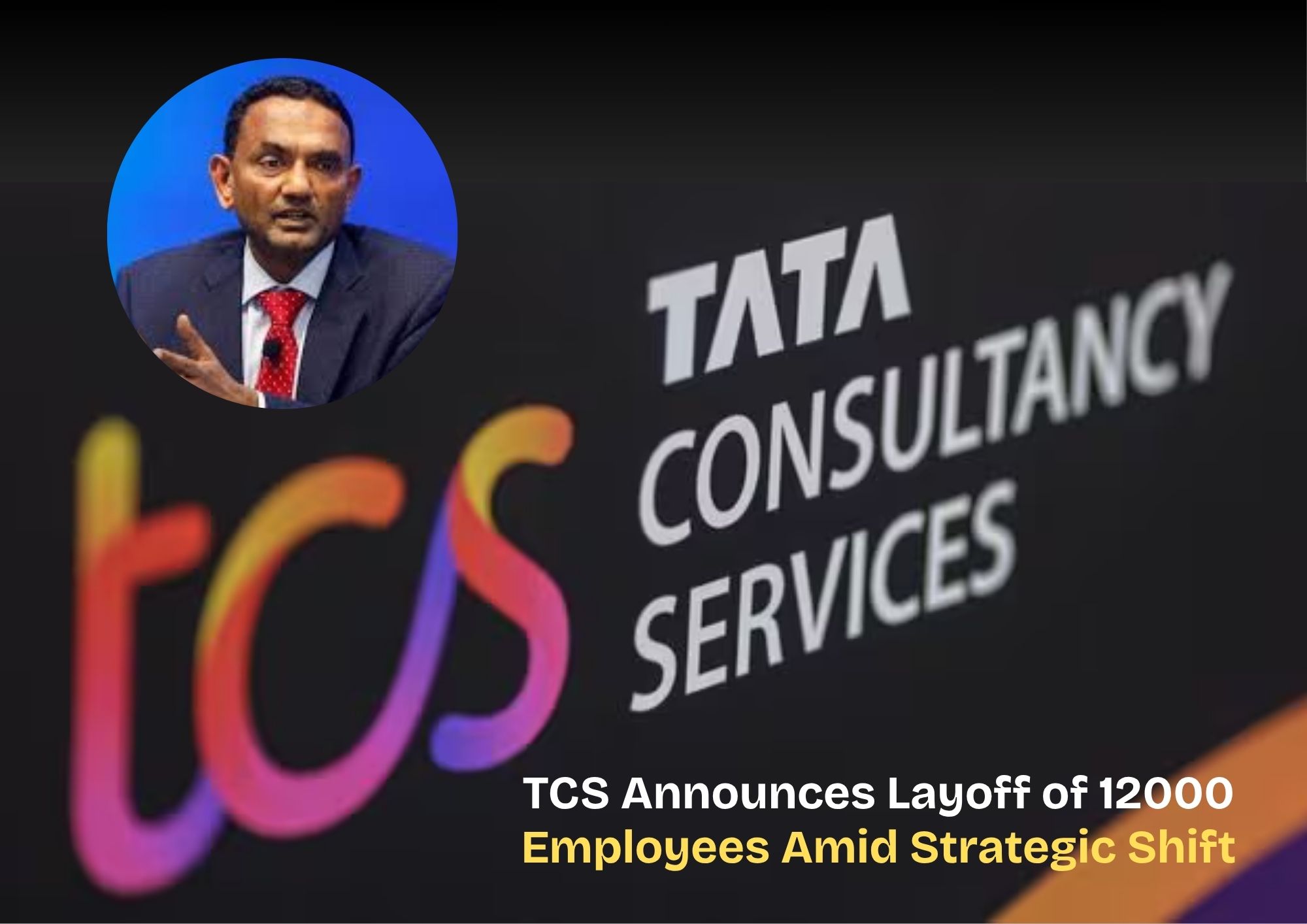India is facing a growing retirement crisis, with pension assets making up just 3% of its GDP—far behind countries like Japan (31%) and the US (98%). For most Indians, this means the government won’t be able to support them in old age, making personal financial planning more crucial than ever.
“Since structured pension systems aren’t a reliable option for most Indians, individuals must take charge of their own retirement,” says Mumbai-based retirement strategist Milind Deogaonkar on LinkedIn.
According to a DSP Pension Fund report, India’s retirement savings gap—the shortfall between what retirees need and what they actually have—is widening at a rate of 10% per year and could reach a staggering $96 trillion by 2050. Unlike developed nations with strong pension coverage, many Indian retirees must rely on personal savings, family support, or even continue working to make ends meet.
Structural challenges are a key issue. “India’s pension market remains underdeveloped due to limited access and low awareness about formal retirement schemes,” Deogaonkar explains. The Economic Survey confirms this, revealing that only 12% of India’s workforce is covered by formal retirement plans.
Changing societal dynamics further complicate the problem. “Indian retirees traditionally depended on their children for financial and emotional support,” Deogaonkar notes. “But with the rise of nuclear families and urban migration, this safety net is disappearing.”
A lack of awareness exacerbates the situation. Many Indians underestimate their post-retirement financial needs, failing to account for factors like rising medical expenses, inflation, and longer life expectancy. “Unfortunately, most people don’t start planning until it’s too late,” Deogaonkar warns.
The key takeaway? No matter your age—30s, 40s, or 50s—now is the time to take action. “Someone retiring at 60 today may need to support themselves for another 25–30 years,” he stresses. Without a structured pension or a solid investment strategy, “your savings might run out long before you do.”











